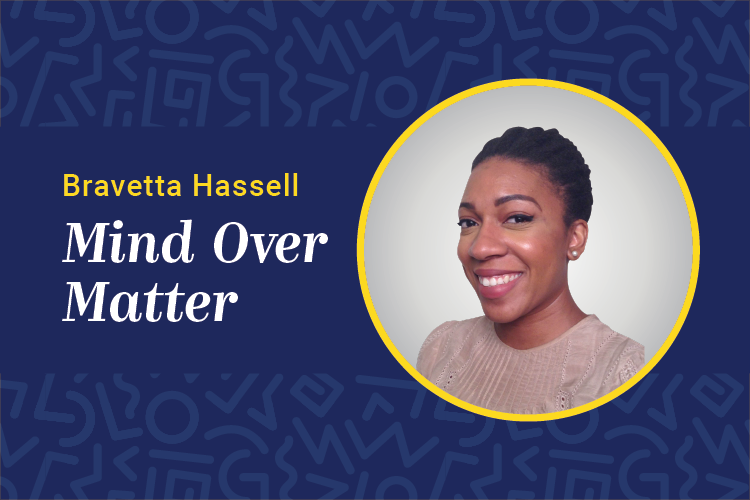When researchers at the University of North Carolina Chapel Hill’s Kenan-Flagler Business School asked organizations about the tools they used to develop high-potential talent and global leaders, they weren’t exactly surprised that mentoring rated high. Upon further digging, they discovered a critical disconnect that would inspire a new program to develop executives into mentors.
“We kind of took it for granted that it was already popular and people were already doing it, but we underestimated how much of a gap there is in how effectively they think they are doing it, the need for improvement and the need for some process around mentoring program,” said Kip Kelly, director of public programs at UNC Executive Development.
Whether companies want to face the music, aging baby boomers in key leadership positions will be retiring in the near future if they haven’t already. Having a strategic plan in place to share their many experiences and capture their deep knowledge is imperative for organizations. Luckily, there is an influx of millennials who need development — crave it even — and they’re primed to capture what leaders have to share.
“Many want to know they made an impact on that organization before they leave, and establishing that legacy through a mentoring program can be extremely valuable,” Kelly said.
In these times of tightened organizational belts, mentoring also makes economic sense. Organizations can’t afford to put everyone through an intensive, personalized leadership development program, Kelly said. Mentoring is an extremely cost-effective, scalable way to develop the next generation of leaders. But how organizations ensure they deliver effective mentorships is an issue, Kelly said.
Senior leaders are likely in their roles for a reason. They’re deeply knowledgeable, often successful people with a lot of experience. Despite being tapped to be mentors for those very reasons, that doesn’t mean senior leaders will be effective in this special role. “Often, mentors jump immediately to, ‘I’ve got some great information in my head, let me tell you about it’ without necessarily listening to the mentee, asking them what they want and guiding them based on their needs vs. what they think they need or what they want to convey,” Kelly said.
At Kenan-Flagler, during a three-day mentoring program professors work with mid- to senior-level leaders to address misperceptions like those, and help leaders develop skills and learn techniques that will make them effective mentors. For instance, leaders learn how to prepare for conversations with their mentees — generational differences in communication preferences, which Kelly said should be talked about early — and they learn the importance of self-awareness and emotional intelligence in these partnerships.
Mentoring is an important development strategy for organizations thinking critically about long-term business success and how to get there. This targeted development is part of a variety of strategies executive education programs are using to create added value for their business customers.
Much of what executives have to offer their organizations — their legacy — lives in their heads, Kelly said. “This is true for most companies. It’s true for entire industries. So much of that is taken for granted until you start to realize the sense of history needed to get a feel for what the future could look like.”
Bravetta Hassell is a Chief Learning Officer associate editor. To comment, email editor@CLOmedia.com.















